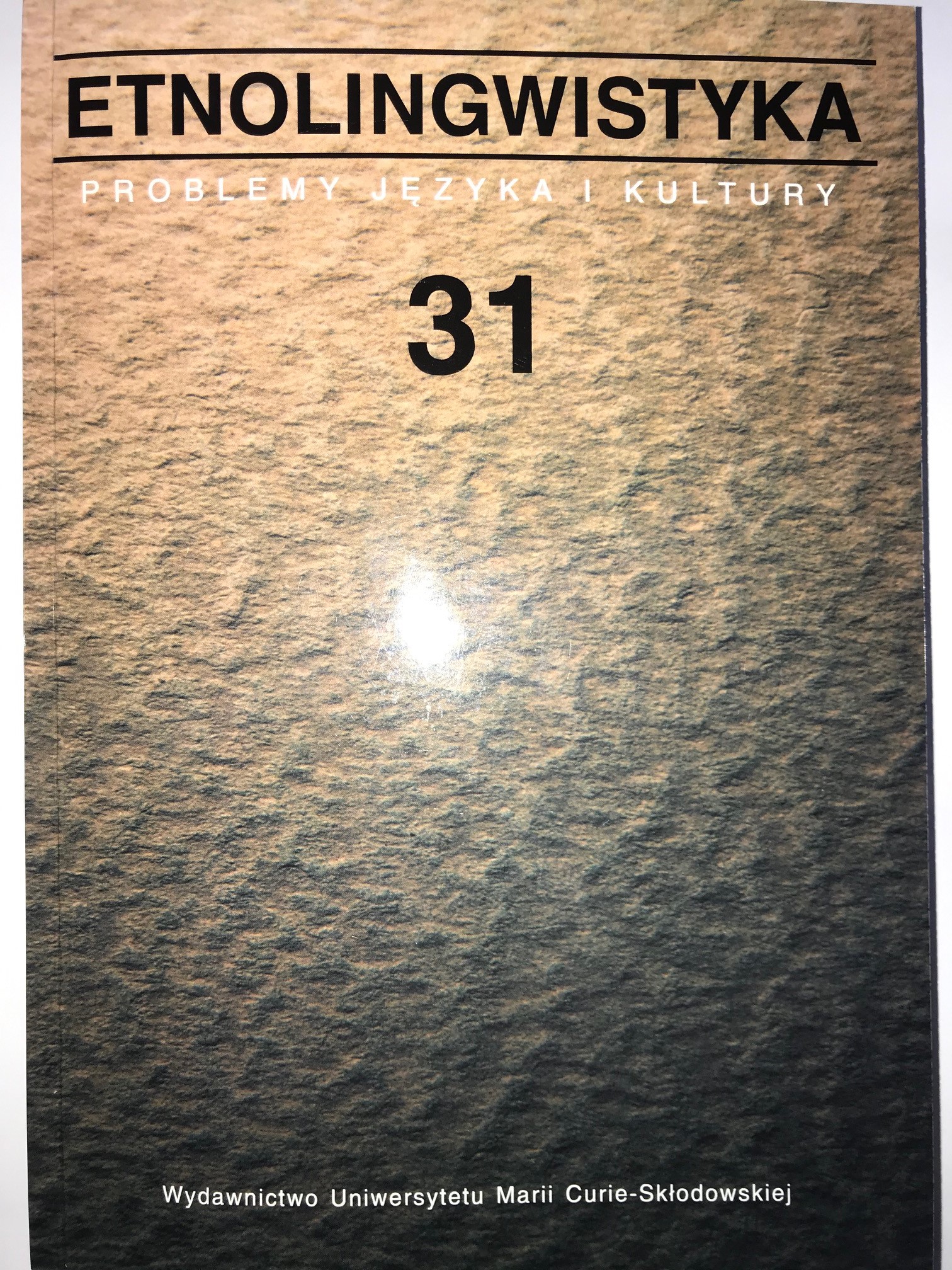Koncept santé w języku francuskim
The French cultural concept santé ‘health’
Author(s): Arkadiusz Koselak-Maréchal, James W. UnderhillSubject(s): Language studies, Cognitive linguistics
Published by: Wydawnictwo Naukowe Uniwersytetu Marii Curie-Sklodowskiej
Keywords: santé; illness; cultural concept; cognitive definition; Axiological Lexicon of Slavs and their Neighbours
Summary/Abstract: The article follows the methodology of the Axiological Lexicon of Slavs and their Neighbours in analysing the French cultural concept of santé ‘health’. The concept has been analysed on the basis of systemic (lexicographic) data, questionnaires, and texts. They propose a shortened cognitive definition, where santé is defined as a state or the functioning of an organism or a group (sometimes also another living organism, organisation, or process); it has a physical, psychological, and/or intellectual dimension; it is an equilibrium. When one has santé, it is not noticed: a person feels well. However, its absence is noticed, when one becomes ill. Santé is strength, goodness (wealth), the possibility of doing many things. In order to maintain santé, one must do many things. The environment can have a positive and negative effect on it. In contemporary French journalistic discourse santé is not only an individual but also a social value: health is in the field of interest of state authorities and international organisations. It is a good in its own right but although it is natural, it is not given once and for all: one must make an effort to have it.
Journal: Etnolingwistyka. Problemy Języka I Kultury
- Issue Year: 31/2019
- Issue No: 31
- Page Range: 165-190
- Page Count: 26
- Language: Polish

